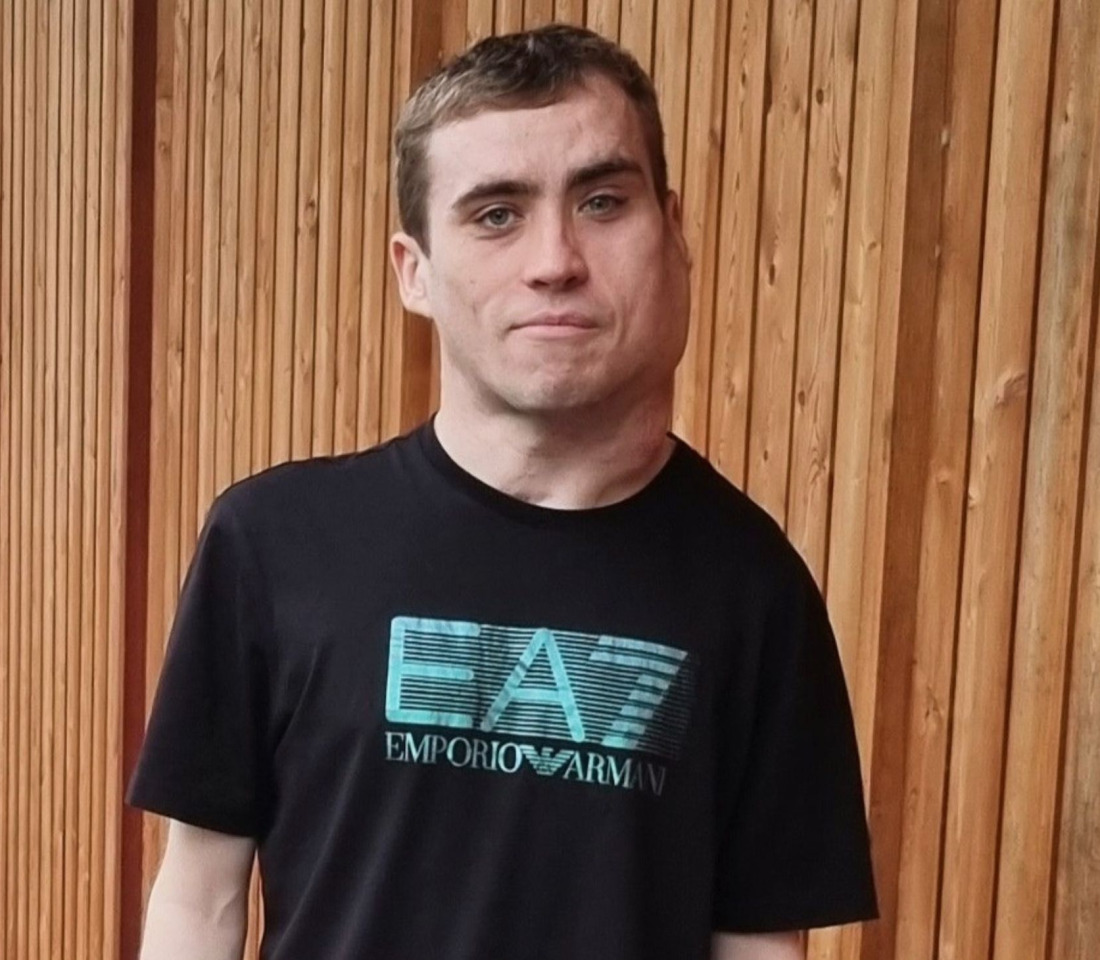Sarah’s dystonia diagnosis story
Sarah, 55, lived with an undiagnosed neurological condition from childhood until the age of 53.
Sarah has cervical dystonia, a neurological movement disorder which causes uncontrollable muscle spasms. Other symptoms Sarah experiences are migraines, a tremor, pain in her neck and shoulder and depression – which she first experienced aged eight.
Sarah repeatedly sought a diagnosis throughout her life and over the years was referred to five neurologists, but was still not diagnosed – despite having been hospitalised due to the severity of her headaches multiple times.
She went back to her doctor again after noticing her head was tilting in Zoom video calls during the pandemic. She was only diagnosed after making a request for referral to The Walton Centre NHS Foundation Trust, a specialist neuroscience hospital.
She said: “Despite multiple appointments I’ve had to wait decades for a diagnosis. I joke that I’ve seen a doctor from every single department; actually not that far from the truth. I was aware of the impact of being unwell as a young person. I don’t think the impact of how I had to work around it has really come home to me until recently.”
Sarah said she struggled before having a diagnosis as she had to ‘formulate a way of dealing without one’.
She said: “I couldn’t answer simple questions, like ‘Why does your head shake?’ or ‘Why do you drop things?’ You have to justify the way you are because you’re trying to make sense of it yourself.
You do end up saying ‘It’s just the way I am.’”
When she did eventually receive a diagnosis, Sarah said she felt a sense of relief.
She said: “I was so happy as it put the missing piece in the puzzle that has been missing for so long. I do wonder how it went on for that long because 53 is very, very late for a diagnosis.
“I’ve never had any support. I wouldn’t say there’s been any holistic care. I think you [The Brain Charity’s staff member carrying out the interview] are the first person to ask me how I felt after my diagnosis apart from my mother.”
Sarah’s story is a case study from The Brain Charity’s report on the delayed diagnosis and misdiagnosis of neurological conditions. Read our It’s all in your head report here.











